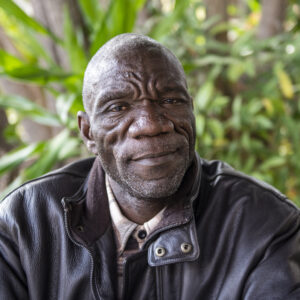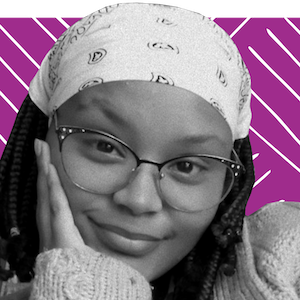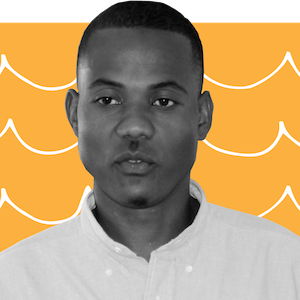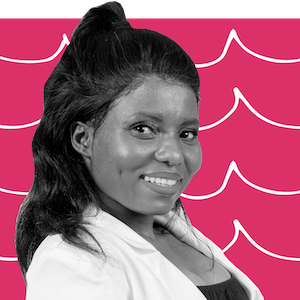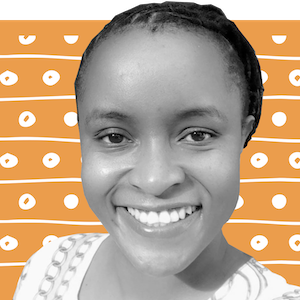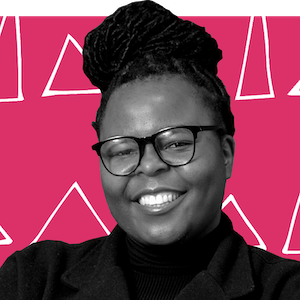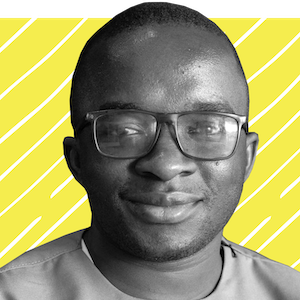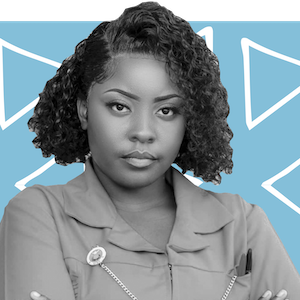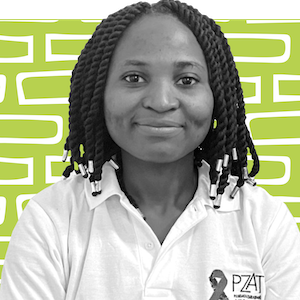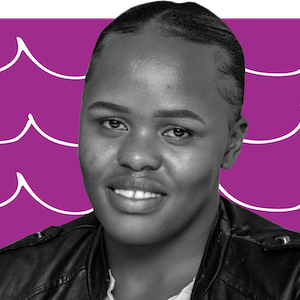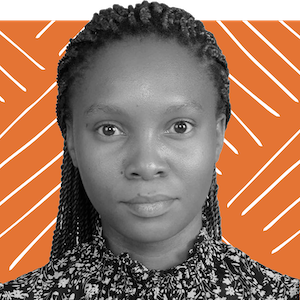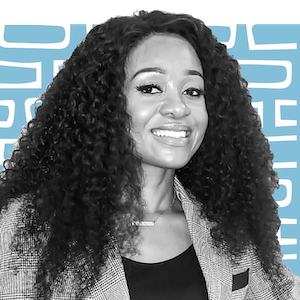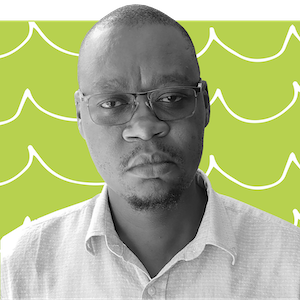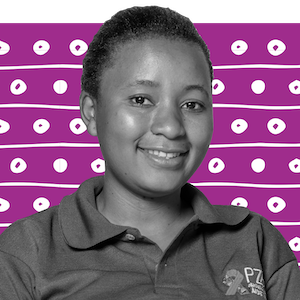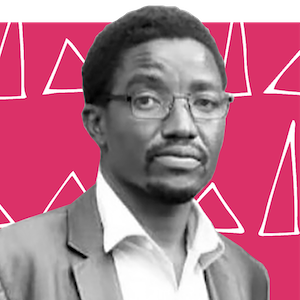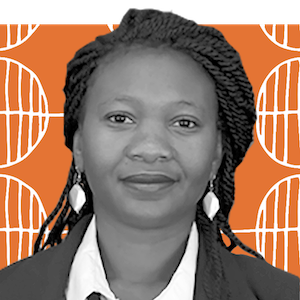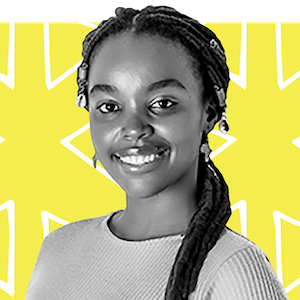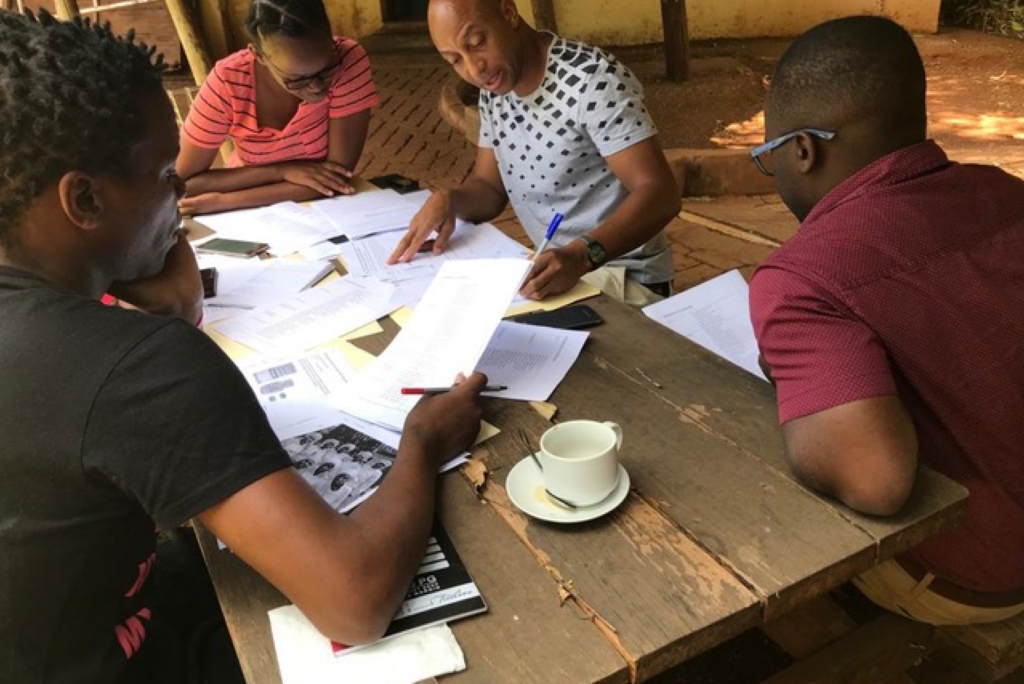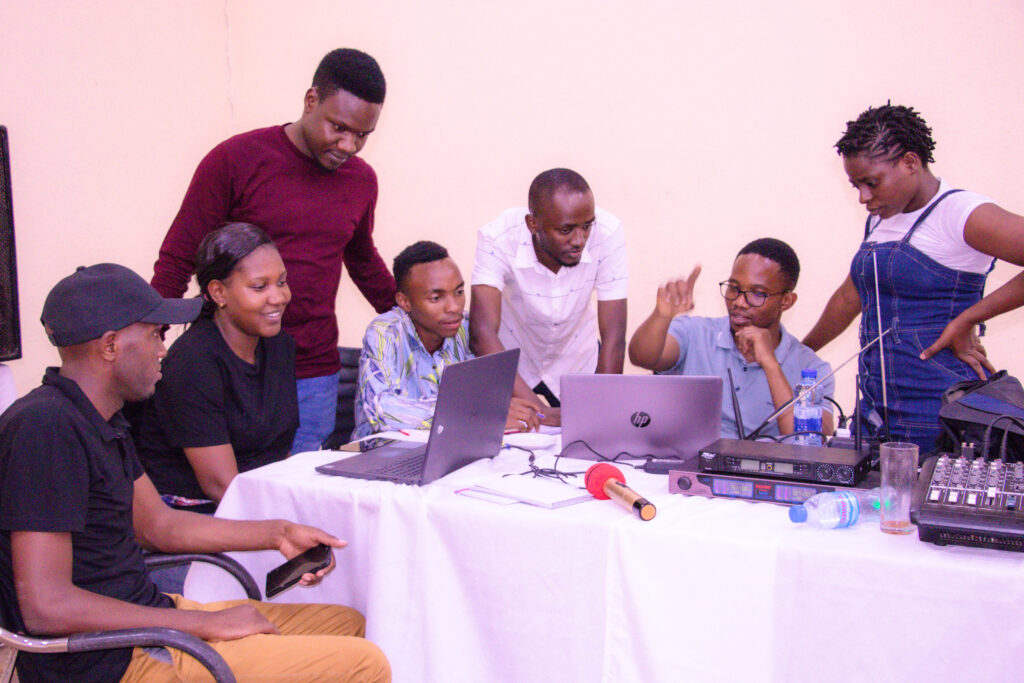
Coalition to build Momentum, Power, Activism, Strategy & Solidarity (COMPASS) Africa is a global civil society coalition that uses innovative, data-driven advocacy campaigns to influence HIV policy decisions, programs and funding in Malawi, Tanzania, and Zimbabwe and at the global level. COMPASS Africa brings together organizations with varied, complementary skills and resources to develop shared approaches to defining and tackling subnational, national, regional and global barriers to effective, comprehensive national responses to HIV.
Overview
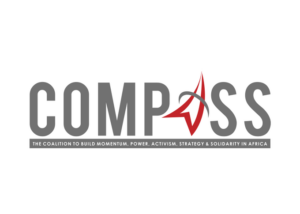
Since the advent of the HIV epidemic, Civil Society Organizations (CSOs) have played a critical role in addressing structural violence and barriers to HIV treatment and prevention through advocacy, activism and serving as government watchdogs. Given their knowledge of the local context, local CSOs are well placed to identify and respond to the needs of their communities.
Their vibrant advocacy and activism have driven solutions by focusing on accountability—making sure that power, funds and policies work for people living with and at risk for HIV. As the HIV response has matured, data-informed decision-making has shaped programs. In the past, access to the data behind these decisions has been limited for civil society activists and advocates. At the same time, civil society organizations have been enlisted as partners by the very funders and programs they must hold accountable, increasing the risks they face when they speak out as activists.
Recent plateaus and declines in foreign aid budgets exacerbate these threats to the sustainability of CSO work.
About
COMPASS is a global civil society coalition that is changing the HIV response through high-impact advocacy campaigns led by civil society organizations representing communities most impacted by HIV. COMPASS uses data-informed, transnational activism to increase the impact of civil society on HIV-related policies, budgets, programs, and leverage their influence with governments, funders, implementers. The project is led by civil society coalitions in Malawi, Tanzania, and Zimbabwe, working in coalition with global and regional partners to gather and analyze data and other evidence to shape strategic campaigns.
Within the coalition, Pangaea Zimbabwe leads the COMPASS secretariat and manages sub-grants to partners. AVAC works with Pangaea Zimbabwe to provide coordination across partners, geographies and thematic areas. AVAC also advises on partner campaign strategies and tactics and contributes to monitoring and evaluation efforts (M&E) as a member of the COMPASS MERL (monitoring, evaluation, results and learning) team.
COMPASS works via four areas:
- Building the strength and influence of Africa-focused civil society coalitions
- Using data, information and analytics to advocate for comprehensive, effective treatment and primary prevention programs that lead to epidemic control
- Defining priority issues and ambitious change agendas: differentiated service delivery, combination prevention, human resources for health, sexual and reproductive health and rights, key and vulnerable populations, and more
- Strategic innovation: advancing ambitious advocacy agendas via “business unusual”
Impact
Work in Malawi, Tanzania, and Zimbabwe has and will continue to:
- Improve development, adoption, implementation and evaluation of laws and policies supportive of comprehensive HIV responses that meet the needs of those at high risk of HIV infection or, if living with HIV, progressing to AIDS, including adolescent girls and young women, and key populations
- Increased allocation and improved use of HIV-specific human, financial and technical resources from national governments, development partners like (PEPFAR and GFATM) and/or private sector to critical, effective programs and partners on the frontlines of the HIV response, with a focus on differentiated service delivery models for combined HIV prevention and treatment, achieved where possible through integrated programs
- Improved country, regional and global responses to COVID-19 and health security to secure global equity and community-led action plans
- A coalition that sets the standard for transnational coalition-based, Africa-led activism via African leadership, management and grantmaking
Be Sure to Read
COMPASS Newsletters
COMPASS Campaign Results!
COMPASS MERL Handbook for Advocay
Learn how COMPASS partners approach monitoring, evaluation, results and learning.
People’s COP23 Documents
COMPASS partners lead the development of the People’s COPs in the three COMPASS countries. Annually developed by civil society, these documents outline community priorities for HIV programming and funding. The documents support engagement with PEPFAR, Global Fund and national governments.
Contact
COMPASS created a learning course on analyzing and using data for advocacy. Contact us at [email protected] if you’d like to access the course content.
